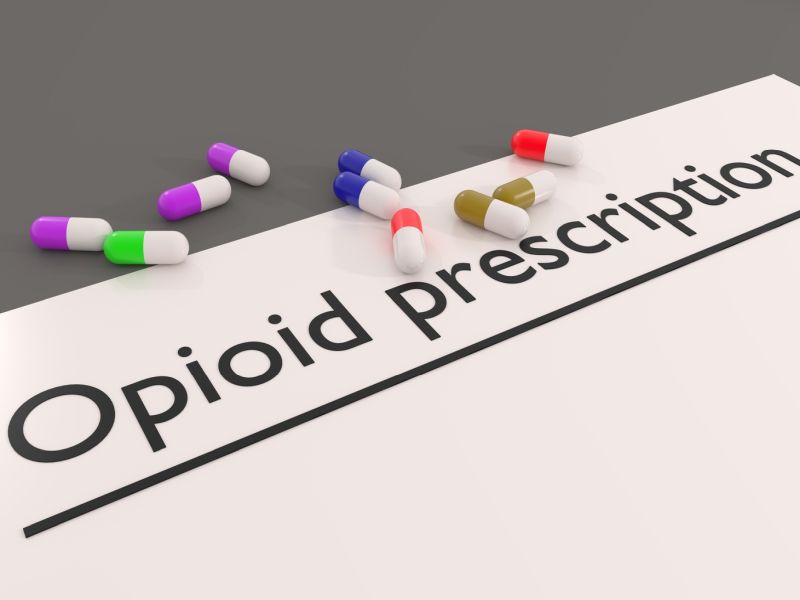
Thanks to a federal ban on trans fats — commonly listed on labels as partially hydrogenated oils — margarine makers have taken steps to remove them from their ingredients. Does this mean margarine is once again a better choice than butter? Not necessarily. That’s in part because some studies have given the saturated fat in… read on >






























